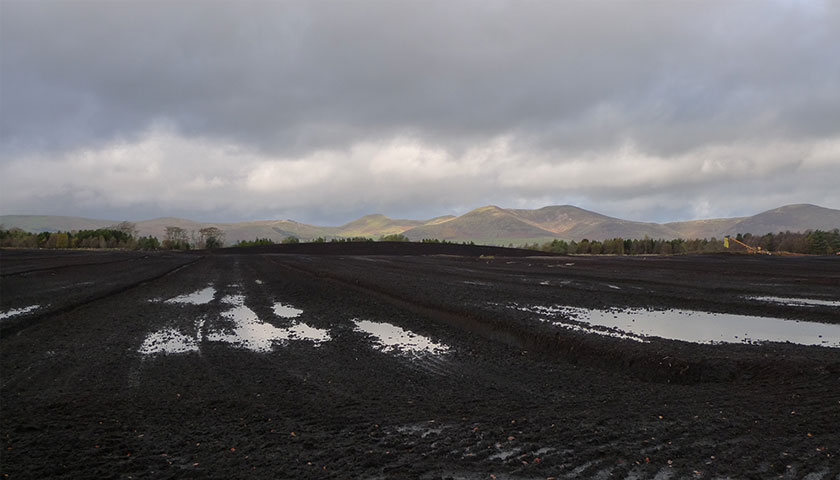Waitrose has brought forward plans to stop selling bagged gardening compost made from peat, pledging to only sell peat-free alternatives by the start of 2022 – helping its customers adopt more sustainable practices in their gardens.
The move will come several years ahead of government plans, which recently announced it intends to ban the sale of compost containing peat to amateur gardeners by the close of the current parliament in 2024.
Marija Rompani, Director of Ethics and Sustainability, at the John Lewis Partnership said: “If rainforests are the lungs of the world, then peat bogs are its armour – helping to create a vital balance in our atmosphere by storing over a fifth of the world’s soil carbon.
“Peat bogs have been plundered for decades without fully understanding the consequences and this simply cannot continue. This is something that many of our customers feel strongly about and it’s because of this that we’re bringing forward our plans to remove all peat from our home compost offering.
“This will be the first step only but it will set us on our journey to shifting the industry’s reliance on peat and help accelerate the pace at which we find suitable alternatives.”
Olly Watts, RSPB Senior Policy Officer, said: “The RSPB is delighted to see Waitrose committing to help gardeners address the climate and nature emergency. By only stocking peat-free composts from the beginning of next year, Waitrose is helping keep these invaluable carbon sponges safe in the ground where they can continue to be a thriving home for wildlife.”
Peatlands are precious habitats with a high biodiversity value, providing a home to varied and often rare species. The peatland vegetation also plays an important role in slowing the flow of rainfall, helping to protect flooding in local areas. With peatlands containing around 51% carbon, the harvesting of the peat – formed of dead and decaying plants – not only damages these important areas of our landscape but also releases harmful greenhouse gases into the atmosphere contributing to climate change.
The nation’s interest in gardening has soared over the past year with more time than ever spent at home. Lockdown gardening has seen sales of compost up 82% and sales of outdoor plants up 24% compared to 2019 and gardening searches on Waitrose.com are up 27% compared to last year.
Did you know:
-
Peatlands cover just 3% of the world’s surface, but it holds nearly 30% of soil carbon – twice the amount of carbon stored in all forests!
-
With two million hectares, the UK is one of the world’s top 10 countries for peatland areas, with 60% of this land being in Scotland.
-
The UK’s peatlands store over three billion tonnes of carbon, estimated to be around the same amount as all the forest areas in the UK, France and Germany combined.
-
It takes a full year for 1 millimetre of peat to form and 1,000 years for just 1 metre of peat to form.
-
Peat contains water – its key component, Sphagnum, is able to hold 20 times more water than it weighs
Some key sustainability commitments made by the John Lewis Partnership:
-
Last year, we committed to sourcing only from carbon net zero farms in the UK by 2035.
-
In addition to our commitment to halve food waste in our own operations by 2030, we’re extending this to our supply chain too. We’ll also aim to help halve our customers’ household food waste by 2030.
-
We’ve promised to do more to ensure our products can be loved for longer. In doing so, we made three bold commitments: all product categories will have a ‘buy back’ or ‘take back’ solution by 2025; all key raw materials in our own-brand products will be from sustainable or recycled sources by 2025; and we’ll develop sustainable rental and resale options for customers.
-
We pledged to reduce carbon emissions and stop using fossil fuels across our entire 4800 transport fleet by 2030.
Read more about Waitrose sustainable appoach HERE.

